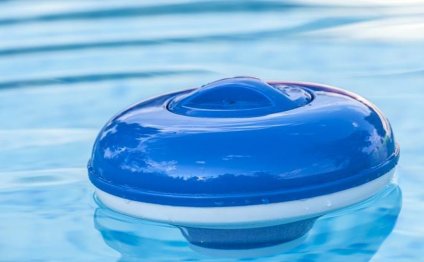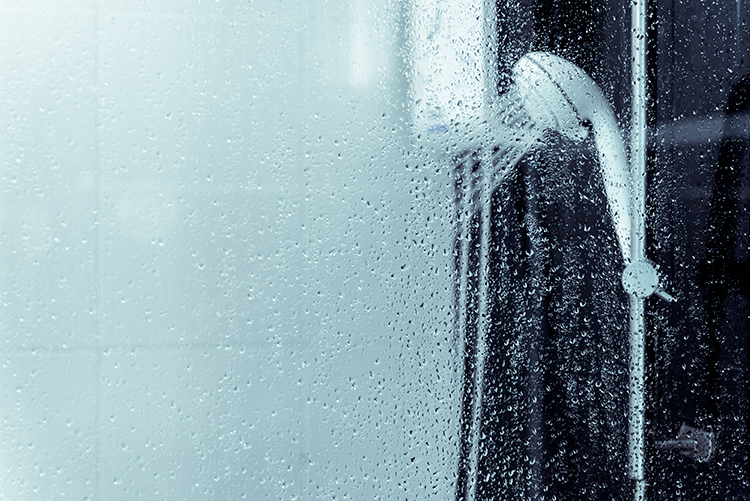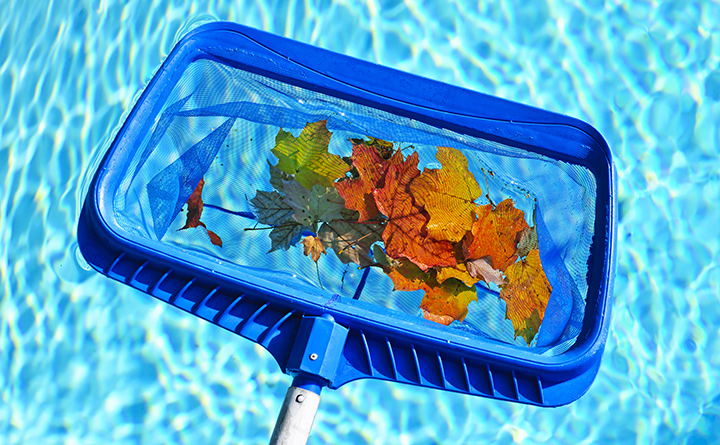
How to Treat pool water?
 Once upon a period, inflatable swimming pools were only for the kids. They certainly were little, easy to inflate, and easy to empty and refill after each usage without the need to worry about bacteria or algae building up. However, today, many people opting for to buy inflatable swimming pools that can hold a huge number of gallons of liquid to fill an up to 4 base level, resembling a traditional, permanent above-ground share. With these bigger designs, its far more hard to preserve on a clean and safe environment. Without the right treatment, micro-organisms becomes a problem and not only does the share become hazardous, it could look ugly aswell.
Once upon a period, inflatable swimming pools were only for the kids. They certainly were little, easy to inflate, and easy to empty and refill after each usage without the need to worry about bacteria or algae building up. However, today, many people opting for to buy inflatable swimming pools that can hold a huge number of gallons of liquid to fill an up to 4 base level, resembling a traditional, permanent above-ground share. With these bigger designs, its far more hard to preserve on a clean and safe environment. Without the right treatment, micro-organisms becomes a problem and not only does the share become hazardous, it could look ugly aswell.
Unlike in-ground swimming pools, that have complete filtration systems, chemical substances, and unique resources maintain their water clean and healthier, caring for an inflatable pool needs some different considerations. People merely dump all the water from their preceding floor swimming pools to clean and maintain them, but since conserving water became a necessity, particularly in particular areas, dumping the water from your own inflatable share is neither an economical nor environmentally sound idea. But there are ways that you could treat your expansive share yourself to help keep it safe and clean without the need to bare and refill it frequently.
Bigger Pools and Chemical Procedures
It's always best to shock the share at least once each week while inflated with a more substantial dosage of chlorine to make sure bacteria and algae will not be able to infect the water. There's also some items that are available commercially that are especially created for inflatable pools so that they won’t hurt the plastic lining but will still supply the proper number of treatment chemical compounds.
Chlorine floaters may also be an option for inflatable swimming pools the unit consistently release a tiny bit of substance without damaging you or your loved ones while swimming. When you use intense chlorine to shock water, you should also make sure to utilize a monthly algaecide to guard the pool from undesirable growth.
Home made remedies for Smaller Swimming Pools
While commercially bought chlorine is one of the most readily useful approaches to treat the water in larger expansive swimming pools, smaller swimming pools being fewer than 20 legs broad need less chemical compounds to deal with the water. Utilizing a combination of share chlorine with more than the counter chlorine bleach is an excellent solution for maintaining a clean pool.
No matter which type of chemical you decide to utilize on the pool, it is crucial is cautious whenever applying it to the water. Ensure that the chlorine is correctly mixed in the liquid and never allowed to gather regarding the vinyl siding, because at some point trigger erosion.
RELATED VIDEO



Share this Post
Related posts
Electric Showers
If you know how it feels to put up with the odd shower that does not hold a stable temperature and makes you slouch miserably…
Read MorePool Maintenance Tips
Pretty soon swimming pool holders will face the annual problem: opening a backyard swimming pool for the summer period. The…
Read More















